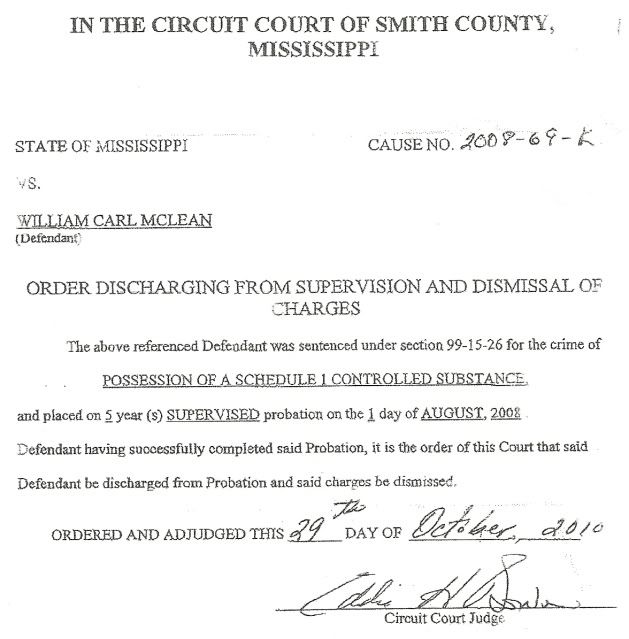By Renee Schoof and Karen Nelson McClatchy Newspapers
WASHINGTON — Oil from a ruptured drilling rig could harm all kinds of marine life in the Gulf of Mexico, from the Atlantic tarpon and bluefin tuna that have key spawning areas nearby to endangered sea turtles, commercial fisheries, migrating song birds and marine mammals.
The spill gushed oil at the rate of about 210,000 gallons a day on Thursday and was headed toward the wetlands and shrimp, crab and oyster nurseries of Louisiana, possibly arriving overnight Thursday. It's too early to know the toll yet, and the worst damage is expected when the oil hits wetlands and beaches. Still, experts say that one of the nation's biggest oil spills threatens many animals in the open water as well.
Fast currents and strong winds could spread the steady flow of black goop over wide areas, just at a time when birds are migrating north and some big fish are heading into that part of the Gulf to spawn.
"The timing couldn't be worse for a number of fish," said Jerald Ault, a professor of marine biology at the University of Miami's Rosenstiel School of Marine and Atmospheric Science.
Atlantic tarpon, an important sport fish in Florida, spawn from now to mid May in the Gulf and they'll be "right in the highway where this stuff is going to come through." The young are especially vulnerable to toxics from the oil spill, and the fishery already is in a precarious state, Ault said.
The overfished Atlantic bluefin tuna return from vast distances to spawn in an area very close to the spill, where the water is warm and full of nutrients flowing from the Mississippi River. The same area also supports the shrimp industry and many other fish.
The conservation group Oceana in 2005 mapped a hot spot of bluefin tuna sightings near the damaged rig.
Fast currents and winds will move the oil generally south and east, possibly around Florida and up the East Coast as far as Cape Hatteras in North Carolina, Ault said.
"A major concern to me is the coral reef ecosystem on the tip of Florida. Technically it's the only living coral system in the continental U.S., and it's a really sensitive system," Ault said.
Coast Guard officials worked to put booms to protect environmentally sensitive areas. They also spread chemicals that disperse the oil. Officials also set up five staging areas — in Biloxi and Pascagoula, Miss., Pensacola, Fla. Venice, La., and Theodore, Ala. — to protect sensitive areas on shore.
Coast Guard Rear Adm. Sally Brice-O'Hara said there had been no reports of oil-damaged wildlife found as yet. Much will depend on how the oil travels and how effective the booms are in containing it, she said.
The Gulf also is home to endangered sea turtles that are crossing the Gulf now, moving to their nesting grounds on sandy beaches.
There are four species of sea turtles in the Gulf, and all of them are endangered. "Obviously, they don't need any more insults than what they're already exposed to," said Jackie Savitz, the pollution campaign director at the conservation group Oceana.
Turtles and marine mammals usually don't try to avoid oil slicks, she said. They run into trouble when they eat oil or it blocks their airways.
Savitz predicted the spill would have high costs for tourism and fisheries.
"Louisiana, after Alaska, is the second largest seafood producing state," said Ralph Portier, a microbiology professor at Louisiana State University who has worked around the world cleaning up oil spills.
Portier grew up in southern Louisiana, where rich fisheries and oil have long co-existed, much as they've done in Alabama, Texas and Mississippi.
The oil headed toward that area would harm its oyster industry and could have a significant effect on crab and shrimp nursery areas.
"Every crevice, creek, bayou, bay, where water flows in and out of coastal grasses — that's the habitat for all these coastal nurseries. If we lose it or it's impacted, we have a real long-term effect," Portier said.
The Gulf Restoration Network is particularly concerned about a pod of sperm whales that feeds in the area covered by the oil sheen, said Aaron Viles, the conservation group's campaign director.
Its other top concerns include the least tern, an endangered shore bird; the brown pelican, the state bird of Louisiana, and migratory birds heading north over the Gulf.
Mozart Dedeaux, education director of the Pascagoula River Audubon in Mississippi, said the outlook was bad for birds along the Louisiana and Mississippi Coast because this is breeding season for many shore and sea birds.
Those breeding areas under immediate threat include the Chandeleur Islands and Gulf Islands National Seashore in Louisiana and Mississippi and the Active Delta in Louisiana, which includes Delta National Wildlife Refuge and Pass-a-Loutre Wildlife Management Area.
Dedeaux said Audubon was putting out a call for people trained in rehabilitating oil-coated wildlife.
"The efforts to stop the oil before it reaches shore are heroic, but may not be enough," added Melanie Driscoll an Audubon bird conservation director. "We have to hope for the best, but prepare for the worst, including a true catastrophe for birds."
Read more:
http://www.mcclatchydc.com/2010/04/29/93165/gulf-spill-spreads-in-waters-rich.html


